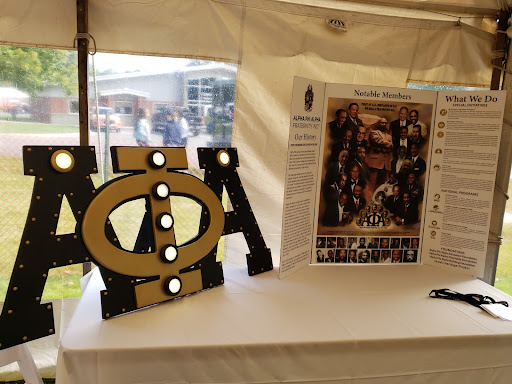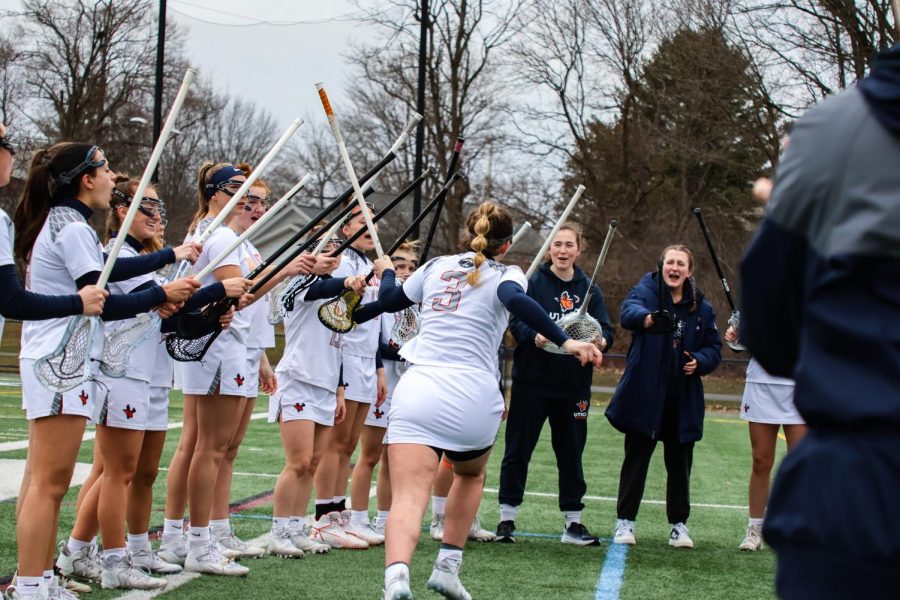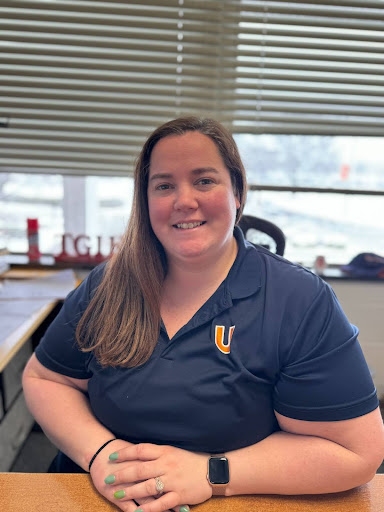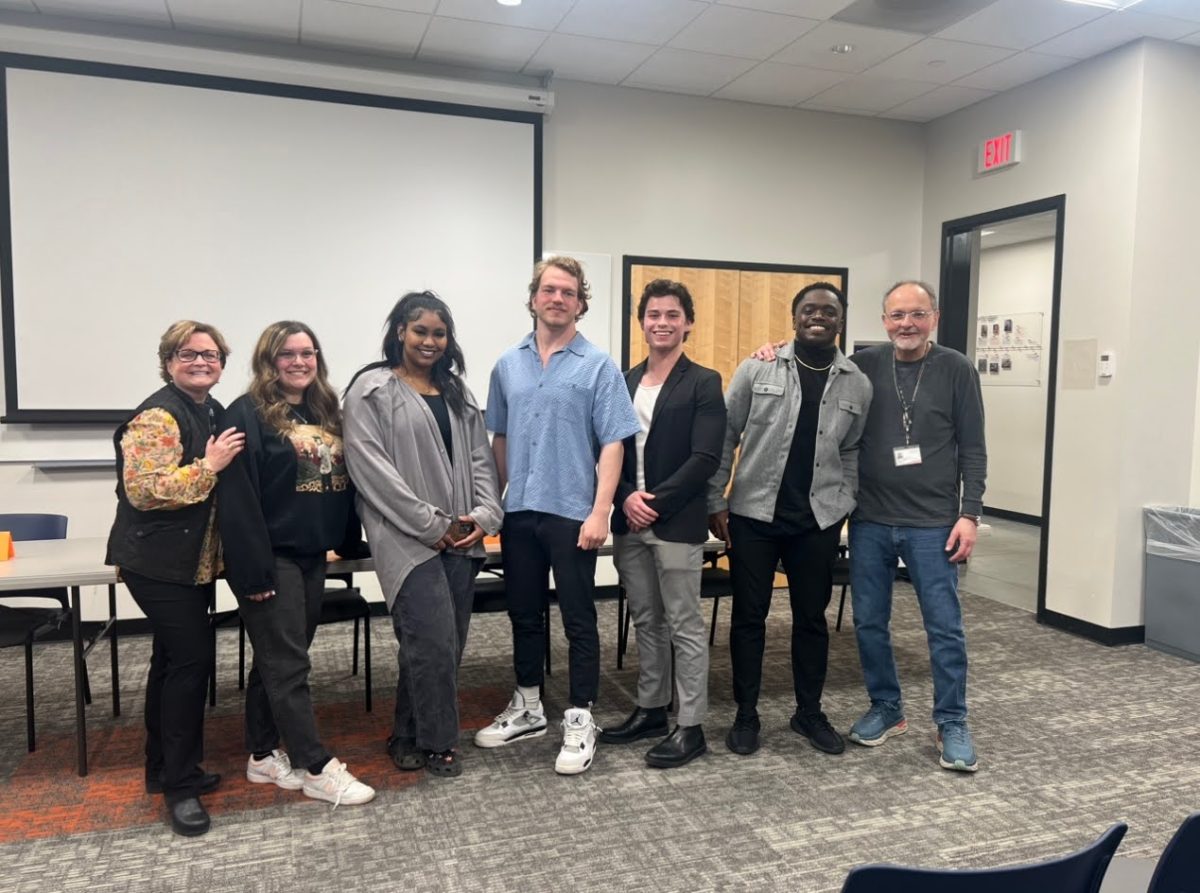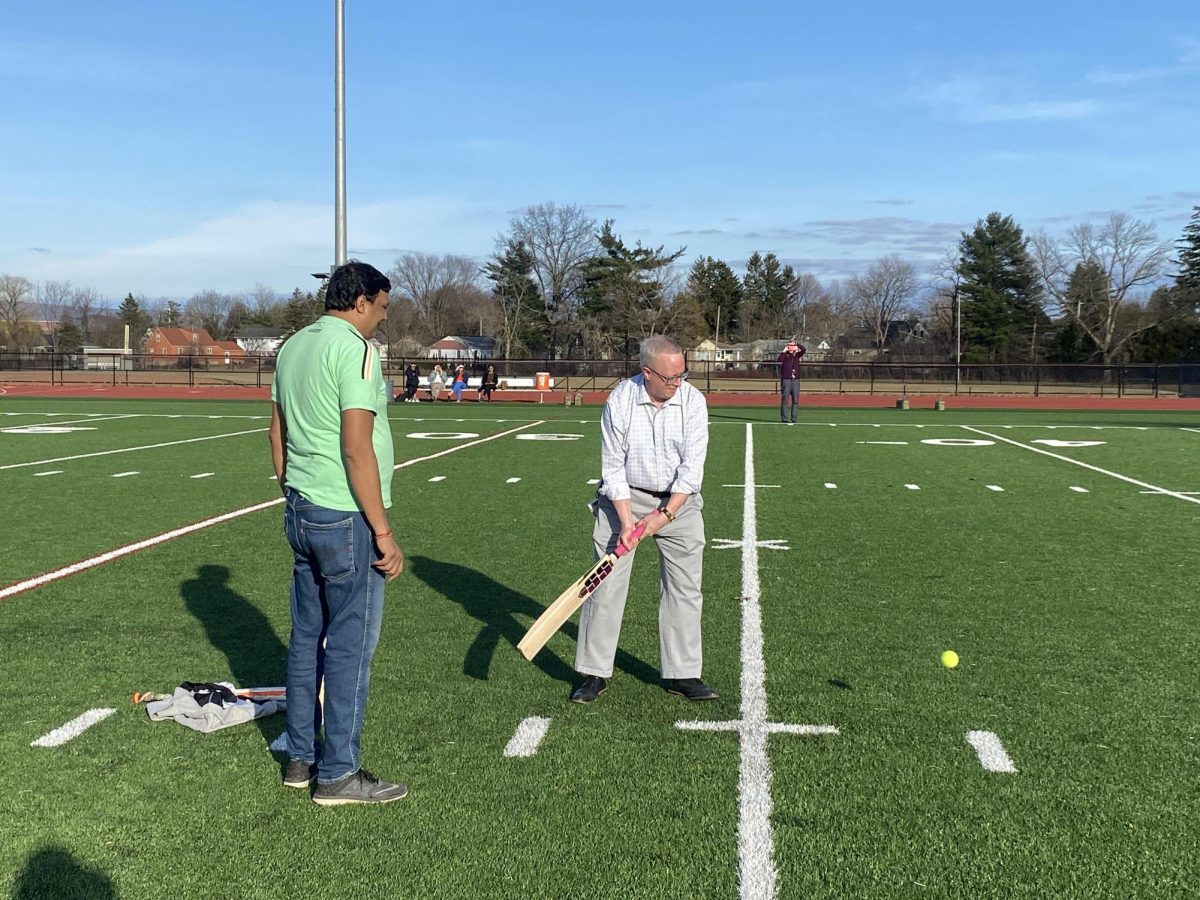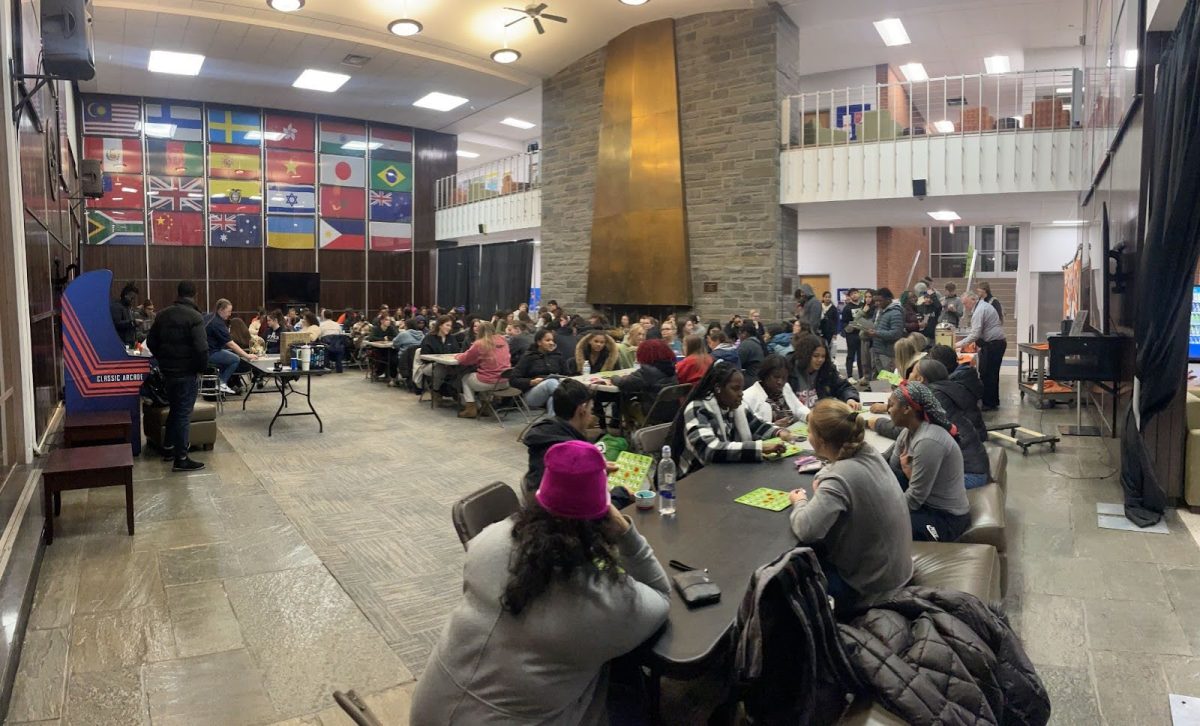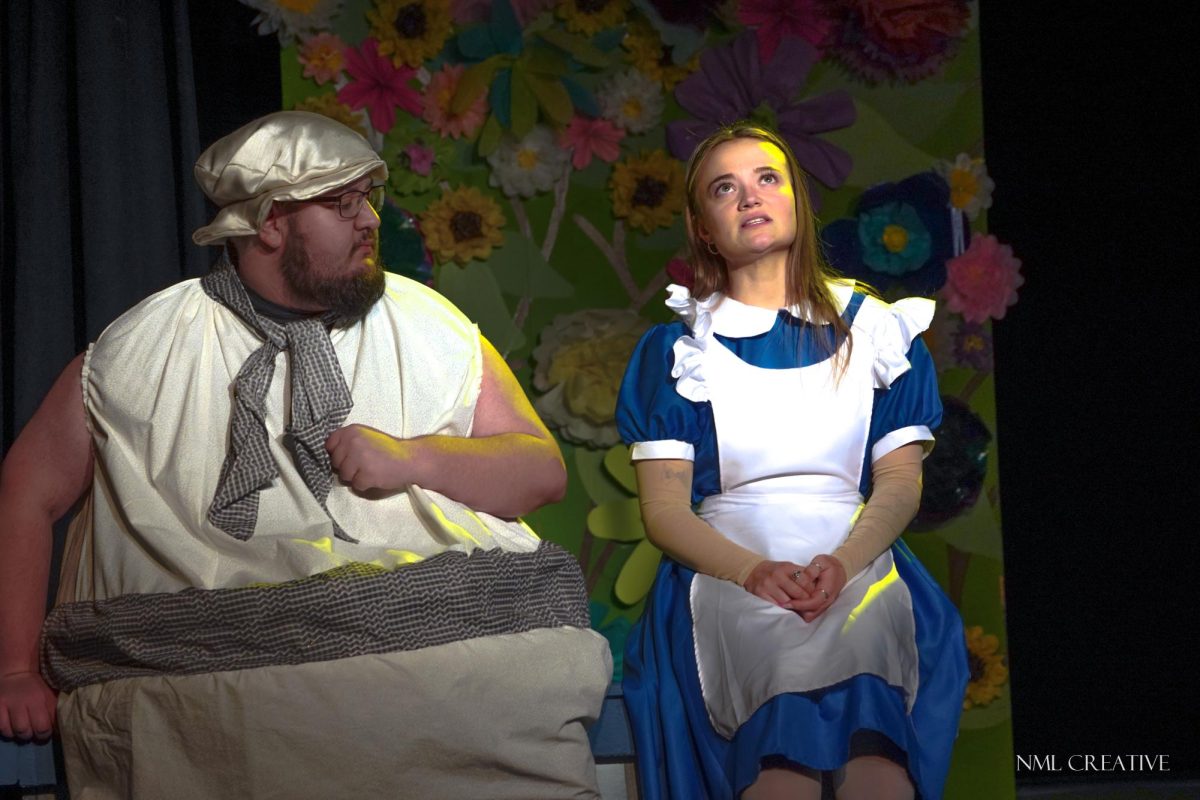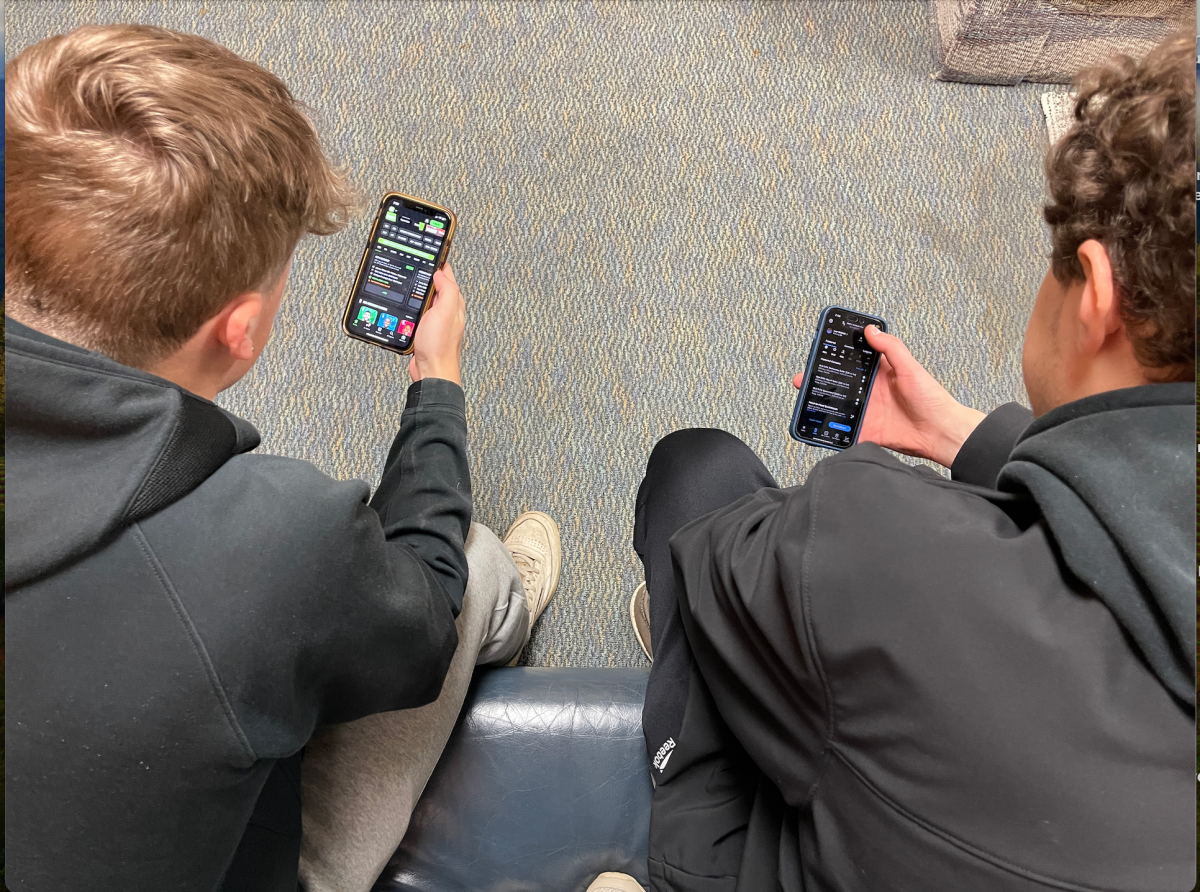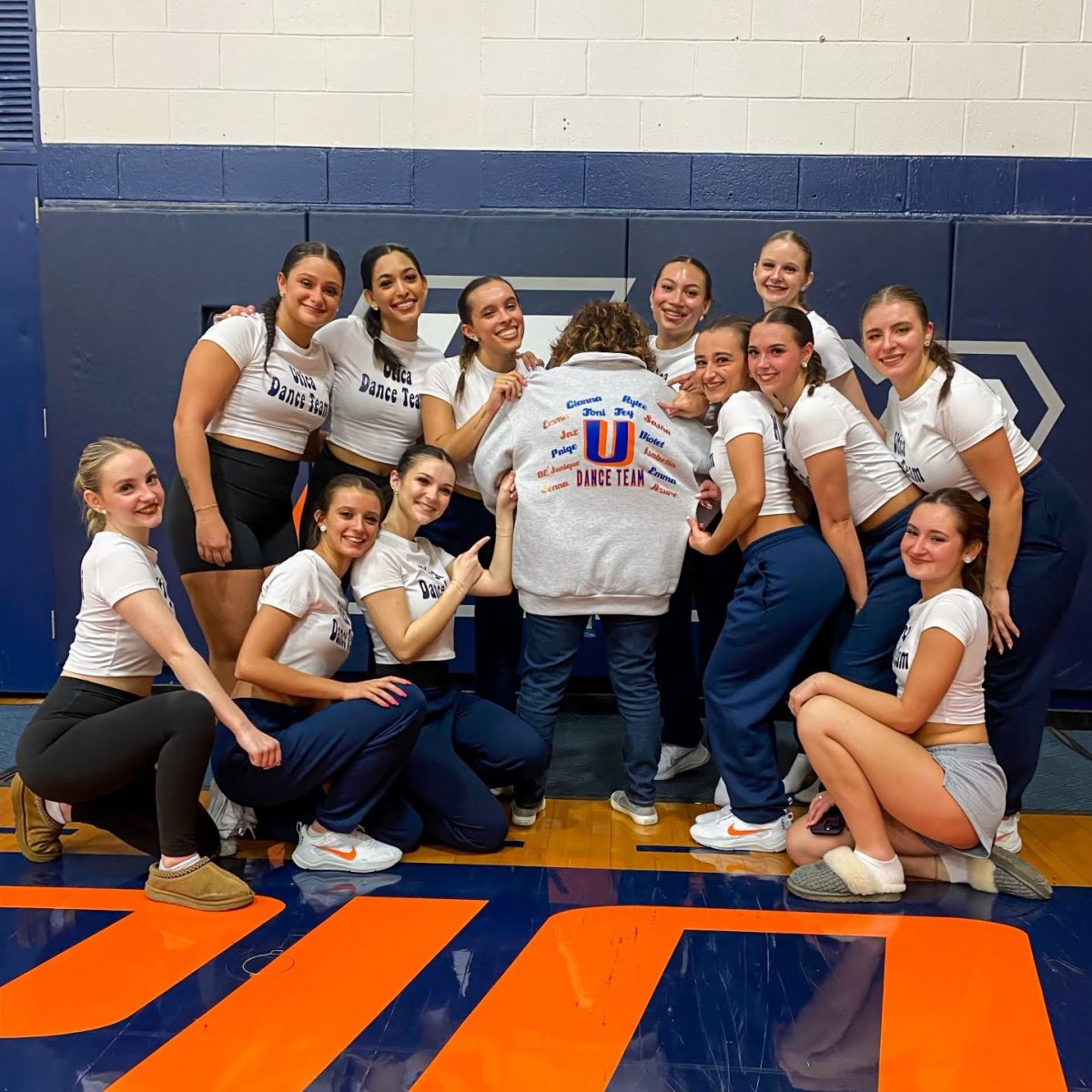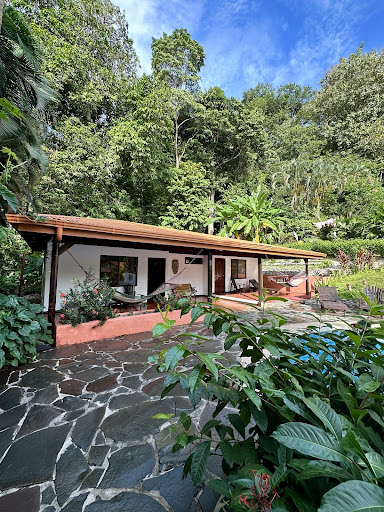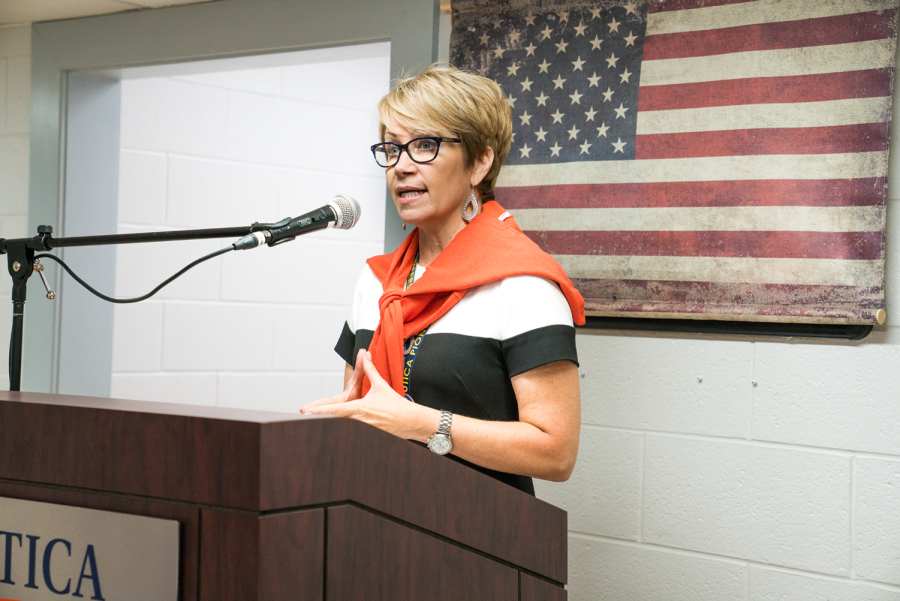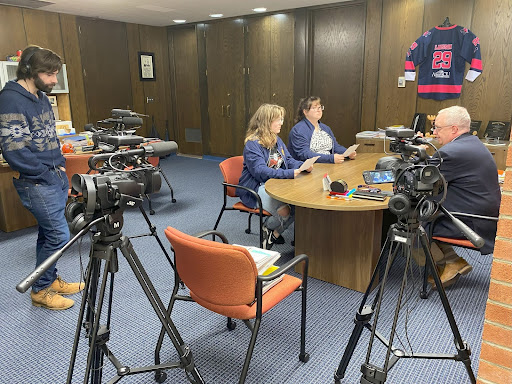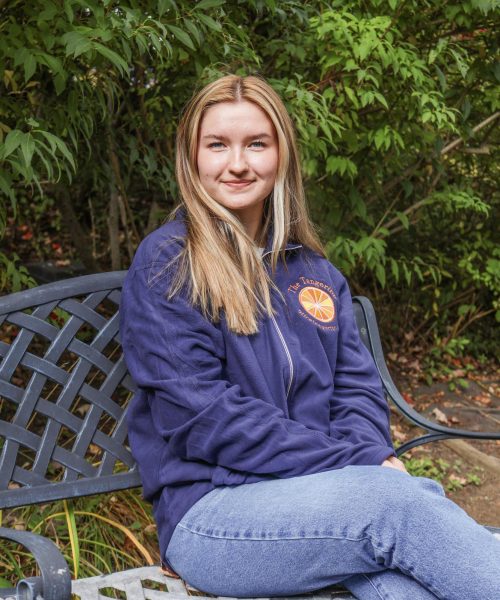
Since its inception in 2001, Utica University has supported the work of the Oneida County Freedom Trail Commission. Similar to other freedom trail commissions throughout the state, the commission tracks the abolitionist movement and Underground Railroad activity that existed in Oneida County.
The Oneida County Freedom Trail Commission was started in Utica by Professor Emeritus of Sociology and commission co-chair Dr. Jan DeAmicis. The organization and its team conduct research, verify information and make its findings on Underground Railroad activity available to the public.
Mary Hayes Gordon, the director of program operations for Young Scholars, and co-chair of the Oneida County Freedom Trail Commission said while pursuing her master’s degree in liberal studies from Utica University, she was connected with DeAmicis and began researching the Underground Railroad.
Knowing that her home had once been a part of the movement while sitting at the kitchen table and eating breakfast one morning, Gordon was sifting through research that DeAmicis had already done, which included heading down to the National Archives in Washington D.C. and locating anti-slavery petitions that came from Oneida County.
“I used his petitions to look to see if the people who had lived in my house had by chance signed it,” Hayes said. “And they had.”
This research led Gordon to join the commission around 2012. According to her, Utica University has been consistently supportive of the commission’s work since it was formed and continues to provide resources for its members to perform and present research.
“They have been supporting in all different ways, [including] intellectual and academic knowledge and support, helping with publications [and] using the copy center,” Hayes said. “The university was instrumental in the creation of the Freedom Trail Commission in that it was a university professor who started it [and] that they provided space.”
The Oneida County Freedom Trail Commission provides a way for the community to learn about the history of the abolitionist movement through its walking tour. The tour, which can be group-led or self-guided, features five spots that were pivotal “to the end of slavery,” Gordon said.
“This was a very active community,” she said. “When I say that, I don’t want people to get the impression that everyone here was anti-slavery because they were not. But this [area] was very active in the movement.”
It begins on Utica’s Bleecker Street, where a convention was interrupted by a mob of local politicians and representatives who opposed anti-slavery sentiments. Each of the five stops have a sign that provides information about how the stop relates to the Underground Railroad and abolition activity. QR codes are posted on the signs which link to the commission’s website and guide individuals to the next stop.
In February 2014, the commission gave its first guided tour to a group of 55 people. They provide tours for “students from other local colleges [and] to kick off the Juneteenth weekend,” as well as “on request.”
“Our goal was to provide a way for people to get an understanding of some of that history that was here,” Gordon said.
According to Gordon, the Underground Railroad is often “romanticized” with myths and stories that are untrue. She hopes that the tour will illuminate these inconsistencies and inform people that it was “everyday people who made this work happen.”
“I want people to know it was multi-racial, that it was not romantic. It was hard, it was life-threatening, and it really is one of the things in our world that shows the best of humanity.”
The work of the Oneida County Freedom Trail Commission provides a perspective on the community’s past, present and future.
“One of the reasons I study history is because seeing what human beings have been capable of can help us to see what we are capable of now and what the future generations [will be capable of],” Gordon said. “It helps us understand what we can do and how we can make an impact and make the change, because there will always be something humans have to improve on.”

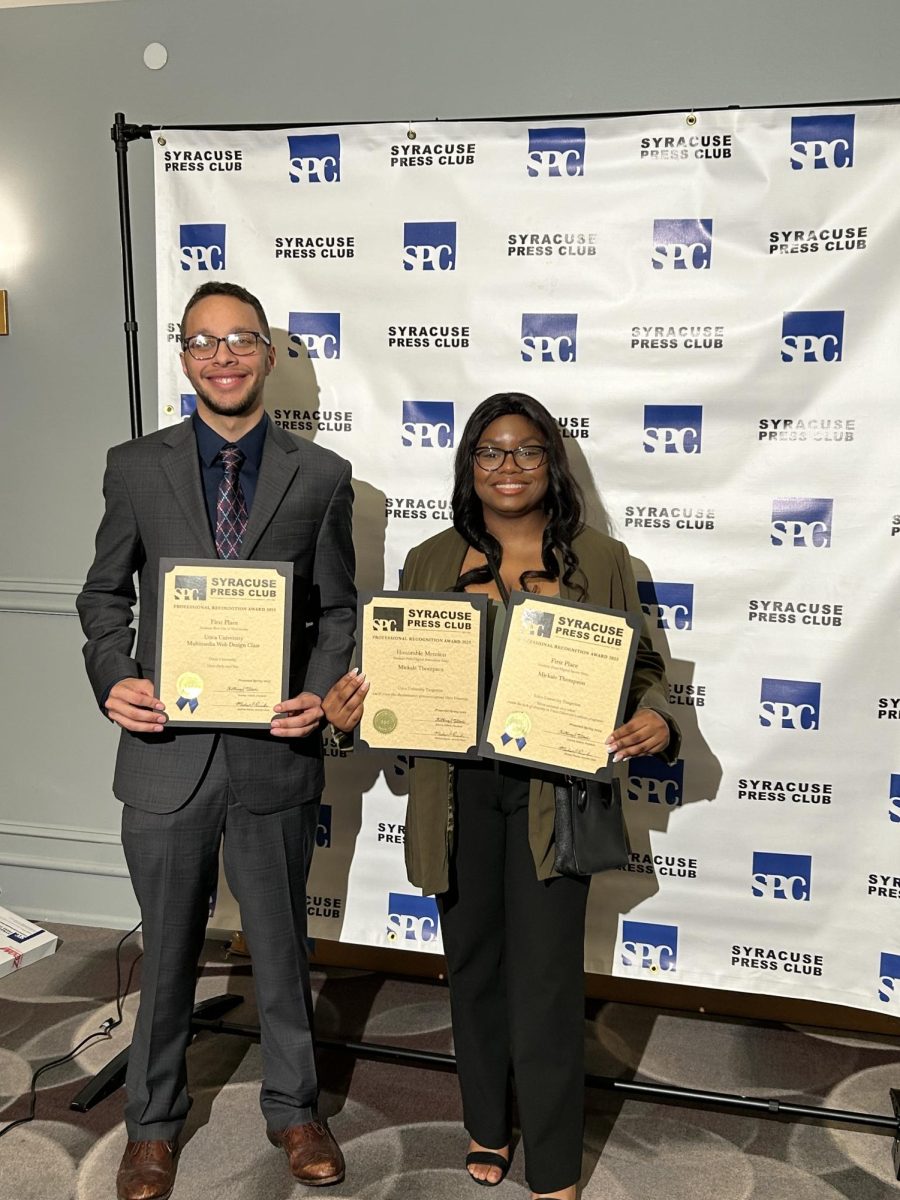
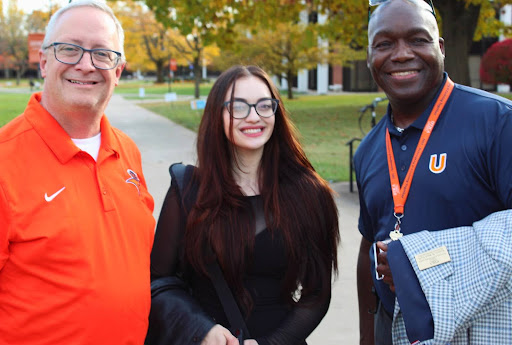

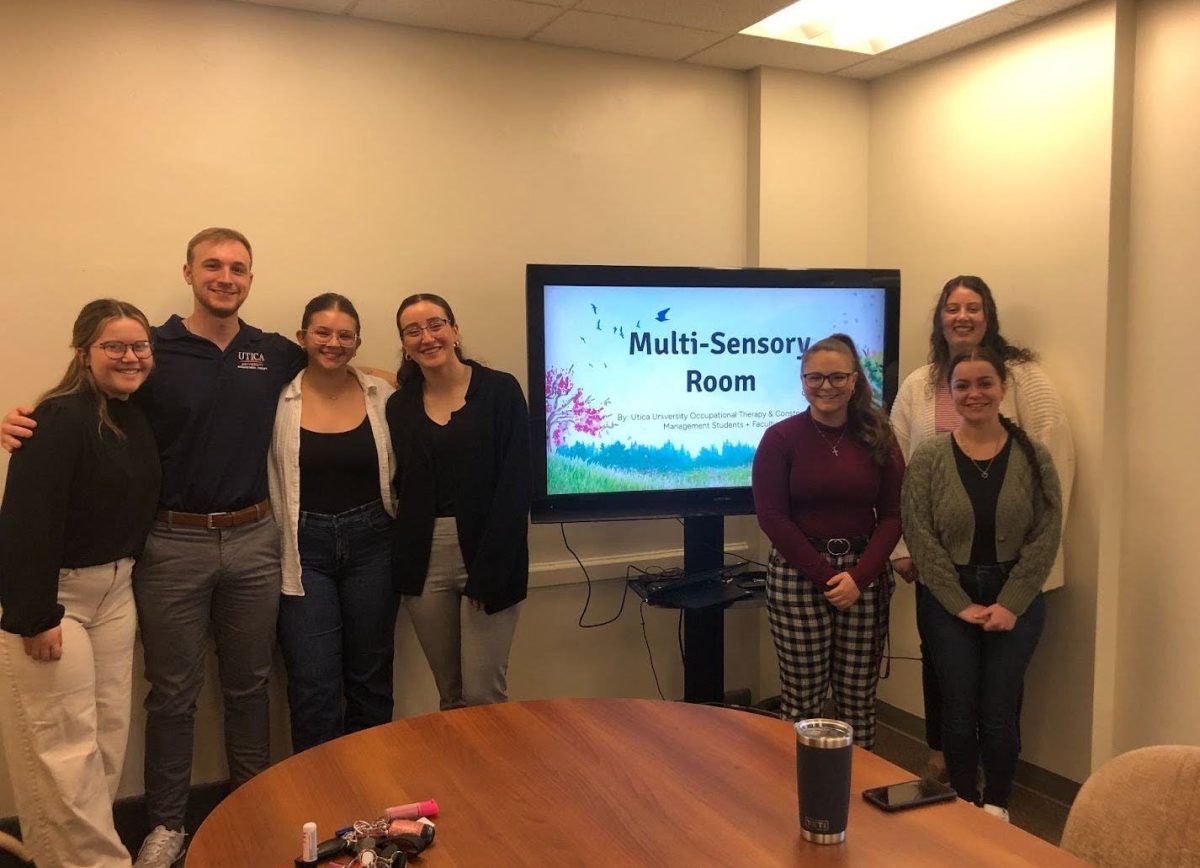


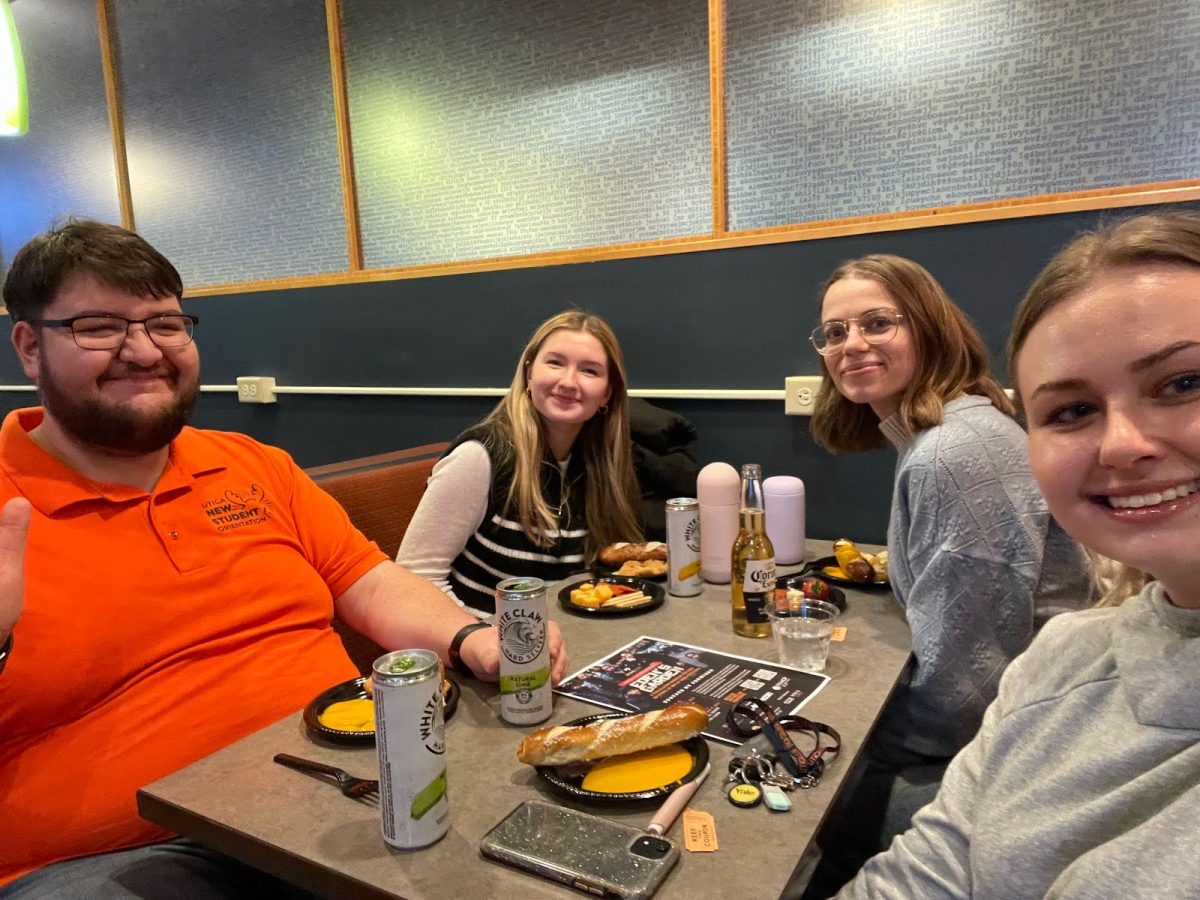










![President Todd Pfannestiel poses with Jeremy Thurston chairperson Board of Trustees [left] and former chairperson Robert Brvenik [right] after accepting the universitys institutional charter.](https://uticatangerine.com/wp-content/uploads/2023/10/unnamed.jpeg)








